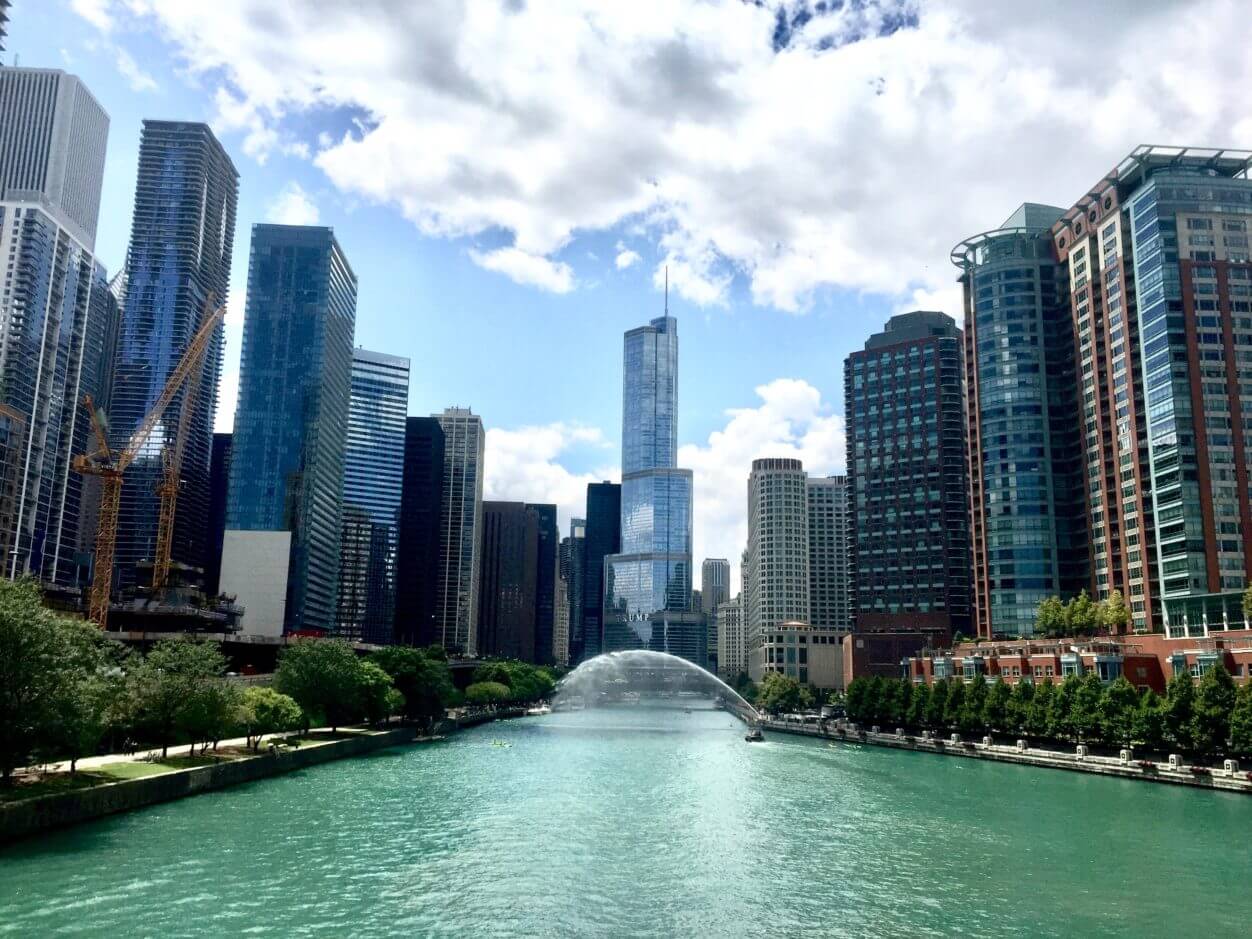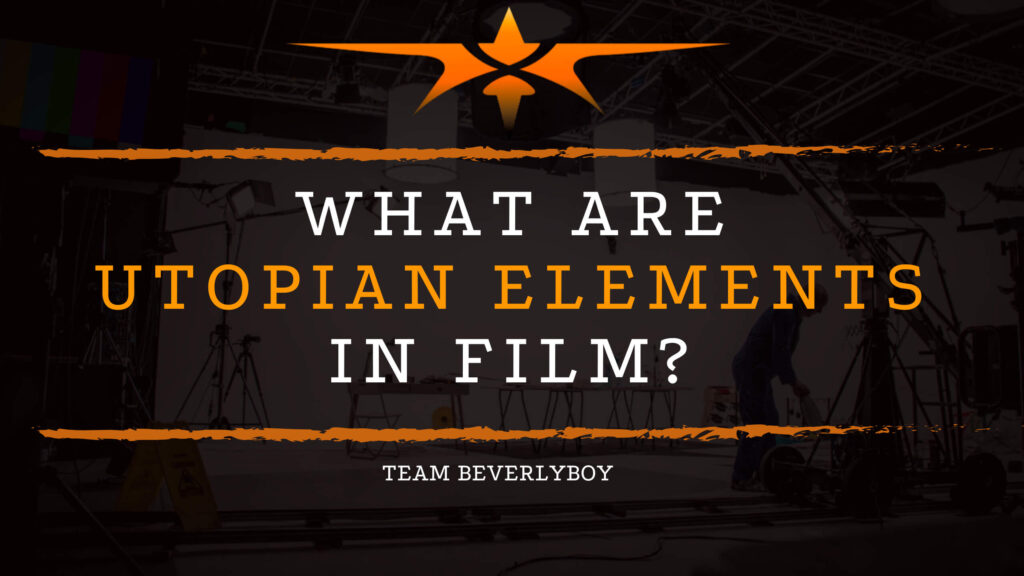What are Utopian Elements in Film?
Reference to both utopian and dystopian elements in mise-en-scene is common in the film industry just as utopian and dystopian elements are common to fiction literature. In fact, we’re probably all seen films that had some form of either utopian or dystopian elements to them. You know, the films that represent the end of the world as we know it and provide different views of a society like we’ve never experienced or seen. Utopian fiction is common in the film industry, but what are utopian elements in film and how are they different from dystopian elements?

Utopia vs. Dystopia
In order to understand utopian elements in film one must first have an understanding of what utopia is versus what dystopia is.
What does utopia mean and how is it different from dystopia?
- Utopia – represents a condition, place, or state of perfection in respect to laws, customs, politics, and conditions. The people don’t have to be perfect, but the system is.
- Dystopia – represents the opposite of utopia, it’s a place, state or condition where things are far from perfect and the universe is subject to oppressive societal control or apocalyptic conditions in which life is miserable.
Thus, in a utopian society, citizens are brought together by a figurehead or single concept. Such that they are able to think independently, do not fear the outside world. And everyone lies in harmony with one another.
On the other end, a dystopian society is ruled by propaganda. Citizens are not free to think or speak for themselves. And not only is the outside world banished and distrusted.
Citizens are so disillusioned into believing that what they are living is the illusion of a perfect utopian world that they are actually afraid of the outside world.
What are Utopian Elements in Film?
Many films have utopian elements that can be recognized either in their common features. According to Lyman Sargent, three basic forms of utopianism can be experienced in film. Through utopian literature, communitarianism, and utopian social theory.
You might recognize the most common element of utopia in film. Which is the presence of a non-existent society. Described in considerable detail. And which almost certainly resembles that of perfection (or something very close to it).
Utopian elements in film include various utopian ideas and the presence of the utopian hero.
For example, you might recall any of these utopian film elements having been present in top films of modern times:
- Embracing the natural environment.
- Communal governments with loose control over society so as to reduce any potential corruption.
- Embracing technology to make living life easier for humans. OR, potentially disbarring technology for the fact that it drives a wedge between humanity and nature. And is part of an evildoing of society.
- Representing society in a harmonious state in which there is no evil doing. There is not violence among humans and everyone is safe to coexist.
- Humans live harmoniously among nature, reversing the impact of industrialization.
- Surroundings take inspiration from a vision of the biblical Garden of Eden.
Dystopian VS Utopian
We tend to actually see dystopian elements in film more frequently than we see utopian elements come to light.
But as a general rule, the characteristics of utopian films include peacefulness, a benevolent government, citizens that are free to live and think independently as they coexist with respect to one another as equals.
There is access to education and healthcare and whatever is necessary among society. Where there are no struggles, hunger and homelessness are not present. There is full and complete equality in a safe, and favorable environment.
Common utopian films include:
- Tomorrowland by Disney
- The Time Machine
- Metropolis
- Rollerball
- Logan’s Run
In Summation
Many utopian films are considered science fiction. They are definitely fiction, because a perfect world doesn’t exist in reality.
Thus, when we look to answer the question, “What are utopian elements in film”. One of the easiest answers is that they are representative of a society or world of perfection that certainly does not truly exist.


